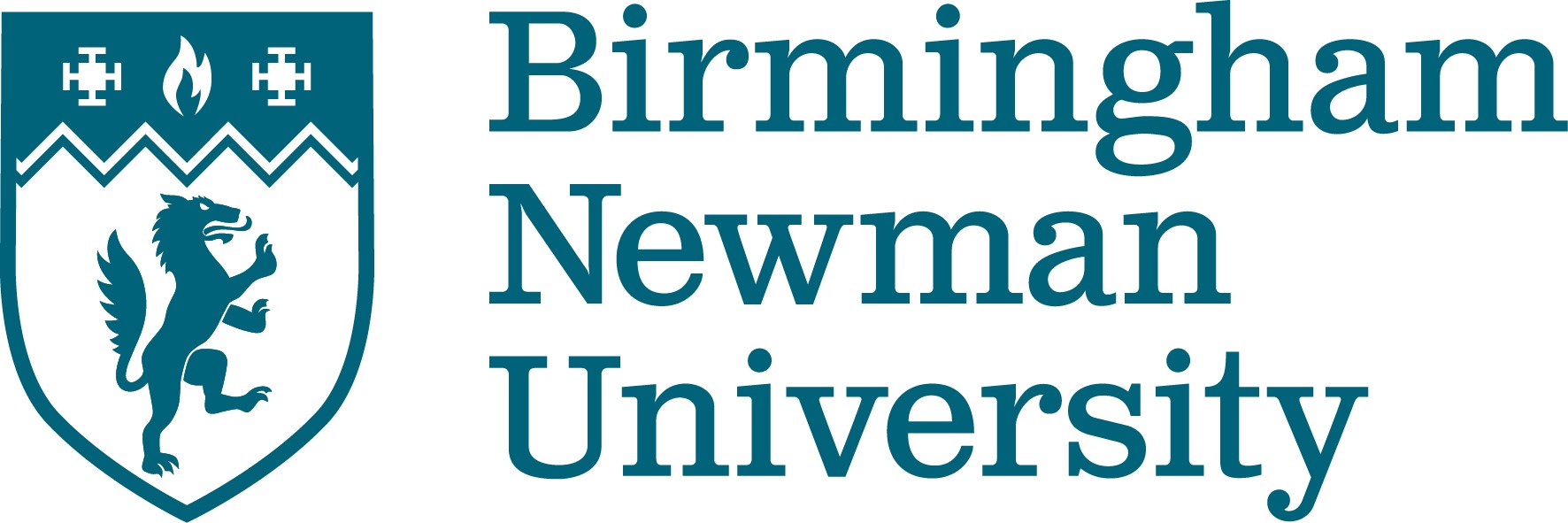The role of self-management in burns aftercare: a qualitative research study
Litchfield, Ian, Jones, Laura L., Moiemen, Naiem, Andrews, Nicole, Greenfield, Sheila and Mathers, Jonathan (2018) The role of self-management in burns aftercare: a qualitative research study. Burns, 45 (4). pp. 825-834. ISSN 0305-4179
|
Text
NU0075.pdf - Accepted Version Available under License Creative Commons Attribution Non-commercial No Derivatives. Download (489kB) | Preview |
Abstract
Introduction For severe burns patient care presents a considerable challenge, necessitating an integrated multi-disciplinary approach that utilises a range of treatments. The period of care post-discharge can be lengthy and complex, and include scar management, occupational and physiotherapies, psychological support, and further surgery. How successfully the patient negotiates this complex care regimen is critical to their long-term recovery and in doing so they would appear to employ approaches recognised as “self-management” in other chronic conditions. However their exact nature and how they are used has yet to be explicitly explored amongst chronic burn patients. Methods Semi-structured interviews were conducted with 24 patients to discuss their experiences of long-term burn treatment as part of a broader mixed-methods feasibility study of the use of pressure garment therapy in preventing hypertrophic scarring after burn injury. The topic guide included questions on the patient experience of their care post discharge, including pressure garment therapy and other scar management techniques; and their expectations and experiences of treatment and recovery. The data were analysed using an established framework of self-management processes. Results Burns patients employ many of the same processes of self-management as those experiencing more widely recognised chronic diseases or illnesses. This is despite the prospect of gradual improvement amongst burns patients absent in those with incurable chronic conditions. The key processes of self-management they share are the ability to focus on their illness needs, activate the appropriate resources and coming to terms with the consequences of living with either the physical or psychological consequences of their condition. Conclusion Modern burn care is technologically advanced and delivered by a highly trained, multi-disciplinary team, yet the level of its success relies on the ability of the patient to independently fulfil a number of health-related tasks and activities once leaving hospital. Considering the potential cost-savings to health services and the prospect of improved outcomes for patients capable of self-management our work is an important first step in more precisely understanding the use of self-management amongst burns patients, and the level of implicit or explicit support currently offered by their care providers.
| Item Type: | Article |
|---|---|
| Additional Information: | Originally published Litchfield, I., Jones, L., Moiemen, N., Andrews, N., Greenfield, S., Mathers, J. (2018) 'The role of self-management in burns aftercare: a qualitative research study', Burns, 10.1016/j.burns.2018.10.020. |
| Divisions: | Faculty of of Arts, Society and Professional Studies > Department of Health and Behavioural Sciences |
| Depositing User: | Ms Hazel Barham |
| Date Deposited: | 15 Nov 2018 09:57 |
| Last Modified: | 09 Jan 2025 13:14 |
| URI: | https://newman.repository.guildhe.ac.uk/id/eprint/17241 |
Actions (login required)
 |
Edit Item |

